In this column, we are going to give you some simple, but very effective advice: to play padel without risk, playing with more security. The padel is a sport that resembles a game of chess. To succeed quickly in the padel, you have to know not to make mistakes, not to give easy points to the opponent. Let's see how:
Mistakes
We will always distinguish between "direct faults" and "induced faults", although much is said about this, the important thing is to define each of them.
Many times we are faced with a "hard ball", and we can only hand an easy ball to our opponent who will be able to attack. So we have to understand this difference, because if this player, who has a difficult ball, makes a fault, we will call that, of course, a "provoked fault". To distinguish them well, it is a ball which is either too complicated for our current level of play, or which does not allow to make a stroke which could endanger the opponent or at least quite neutral.
Errors where the ball is simple, and we make a fault, then it will be a “direct fault”. Therefore, our goal in the game is:
- Try to avoid these mistakes, by having safe play zones, especially when we are in defense.
- Wait for the opportunity of an easier answer, to attempt a strike with greater security.
Have lucidity
It doesn't actually focus on a point won, but that is not part of the logic of the game. That is, when you gain a point by risking too much, which you should not do. A point that you will score once in ten attempts. Indeed, when you get a point, you have to ask yourself the question of the ratio of points gained compared to the number of points lost. Because the purpose of padel is to make fewer faults than the opponent. By reducing your number of faults, you will still have the same technical level, but you will be better.
For this we need to have “leeway”. We have to imagine a zone 9 meters long and 8 meters wide, so this “corridor” between the limits and this zone will be our leeway to play. See image below.
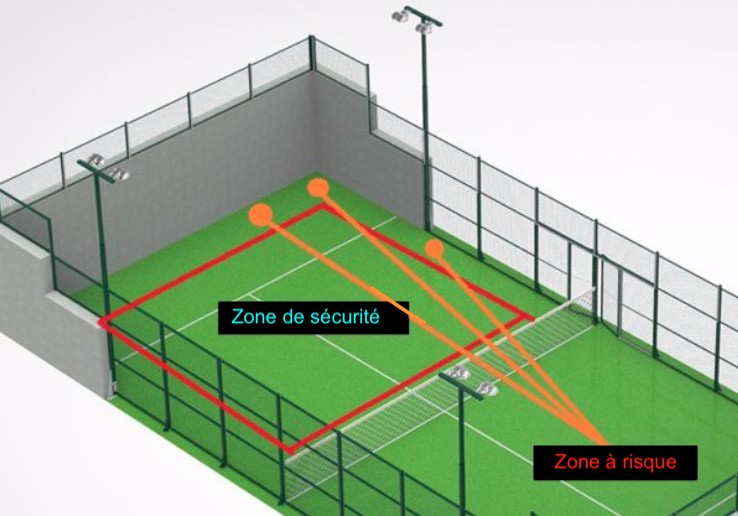
Ditto, to have margin over the net, take a margin from the net, to avoid giving free points to your opponents.
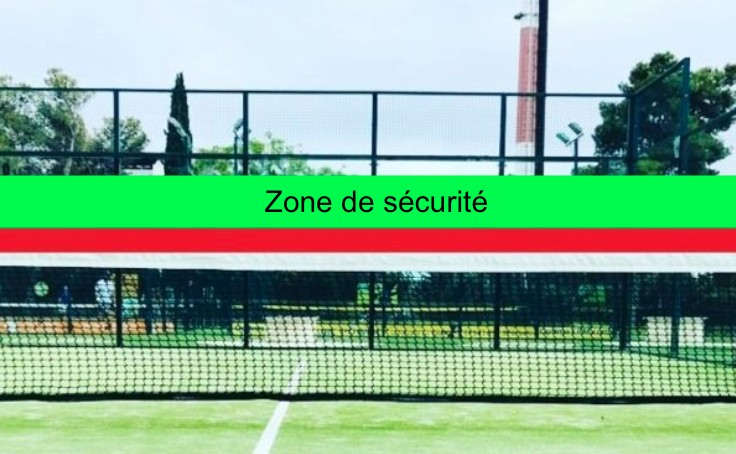
After a nice point, a big mistake
This happens very often during matches of padel. We make the best “shot of our life” and then we foul on an easy ball.
Sometimes, the player after this beautiful point is undoubtedly emotionally different, more optimistic (it ignites in jargon), it is therefore, less focused. And at the same time, the opponent obviously tries to win the next point, often with more intensity. Therefore, it is common that after a very good point, it is possible to have one (or more errors), sometimes even (and worse) a direct return to the net.
Therefore, as you now know, after you or your partner earns a “very nice point”, quickly return to the game, celebrate like a normal point, do not get more euphoric than usual.
Alexis Dutour is passionate about padel. With his training in communication and marketing, he puts his skills at the service of padel to offer us articles that are always very interesting.




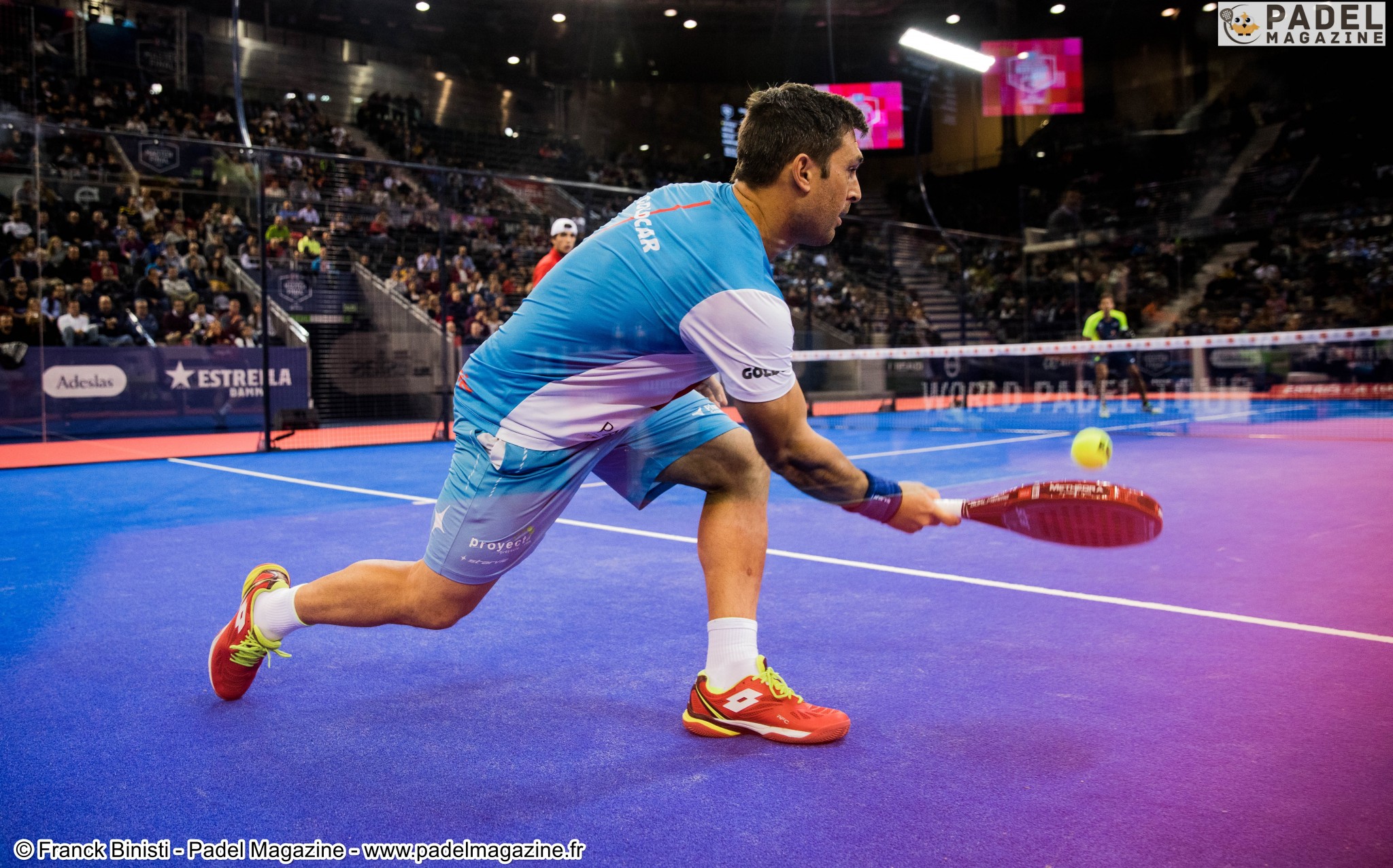















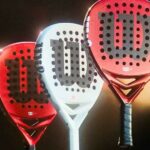

















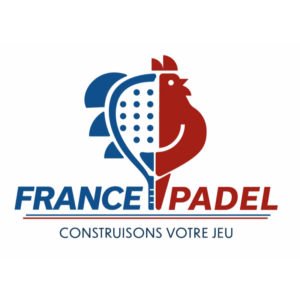































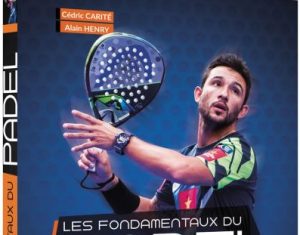


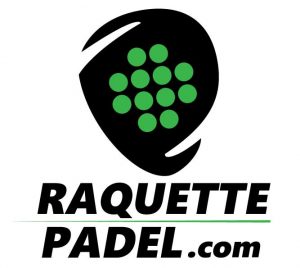







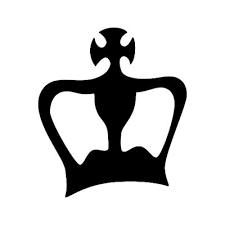



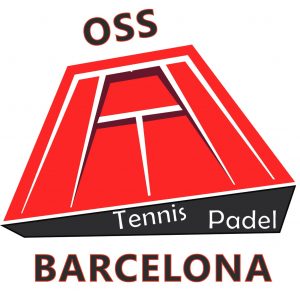
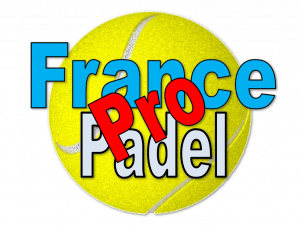




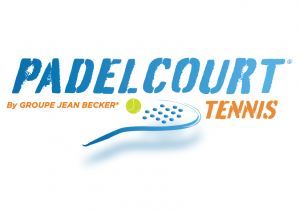









 Premier Padel Brussels P2 – A 2.0 version of the final in Chile?
Premier Padel Brussels P2 – A 2.0 version of the final in Chile? P1000 PadelShot Saint-Étienne – Pierre Vincent and Arthur Hugounenq, the kings of the “comeback”
P1000 PadelShot Saint-Étienne – Pierre Vincent and Arthur Hugounenq, the kings of the “comeback” Premier Padel Brussels P2 – Brea/Gonzalez, a tenth title together!
Premier Padel Brussels P2 – Brea/Gonzalez, a tenth title together! Guillaume Codron de Sud Padel : “A family project”
Guillaume Codron de Sud Padel : “A family project” Nallé Grinda: “Democratize the padel in the USA with PadelX "
Nallé Grinda: “Democratize the padel in the USA with PadelX "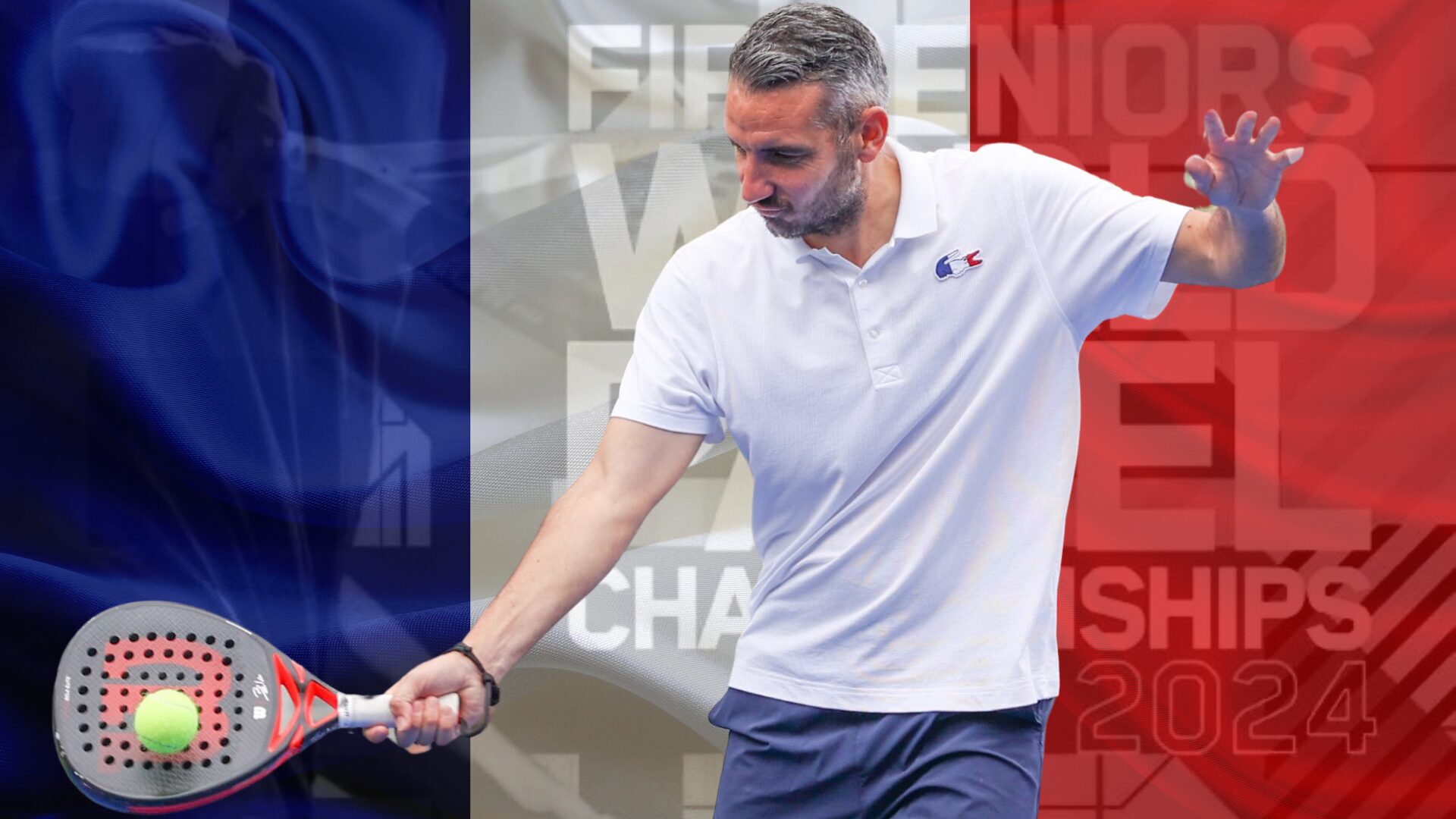 Simon Boissé: “We know that there are two nations in front of us”
Simon Boissé: “We know that there are two nations in front of us”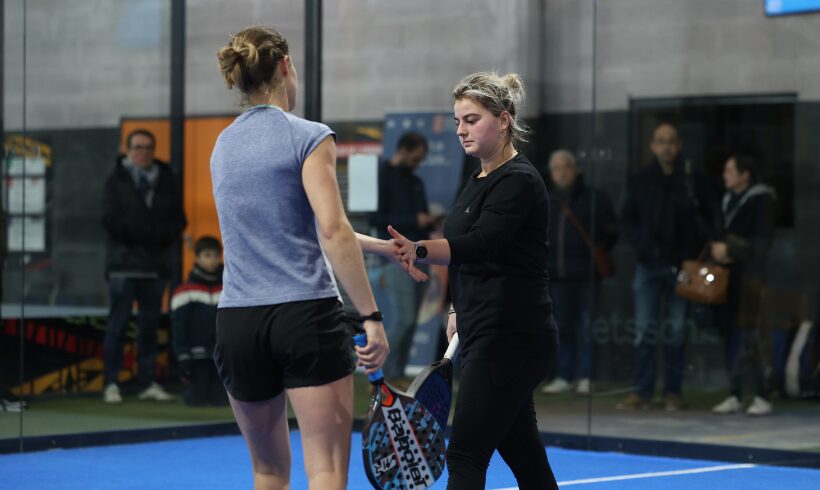 Marie Maligo: “This period of frequent changes of partners was beneficial for me”
Marie Maligo: “This period of frequent changes of partners was beneficial for me” P1000 PadelShot Saint-Étienne – Watch the Hugounenq/Vincent – Seux/Courrin semi-final live
P1000 PadelShot Saint-Étienne – Watch the Hugounenq/Vincent – Seux/Courrin semi-final live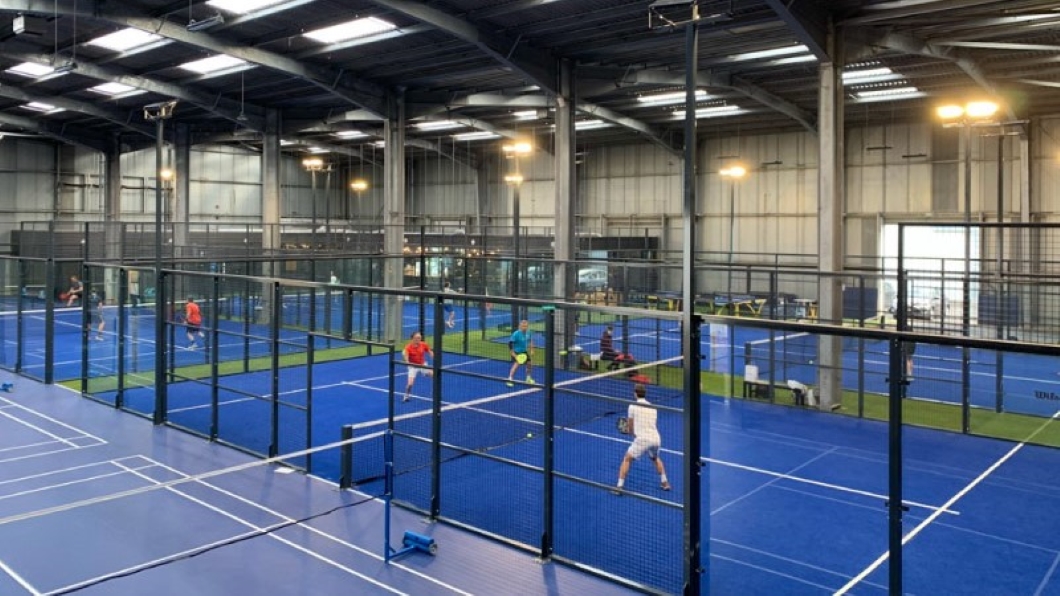 P1000 PadelShot Saint-Étienne – Follow the surprise poster Vincent/Hugounenq – Couturier/Benmergui live
P1000 PadelShot Saint-Étienne – Follow the surprise poster Vincent/Hugounenq – Couturier/Benmergui live The All Star Tour returns on May 16 at the All In in Lyon
The All Star Tour returns on May 16 at the All In in Lyon D-7 of the “BetClic Remontada Padel”, at the foot of the Eiffel Tower
D-7 of the “BetClic Remontada Padel”, at the foot of the Eiffel Tower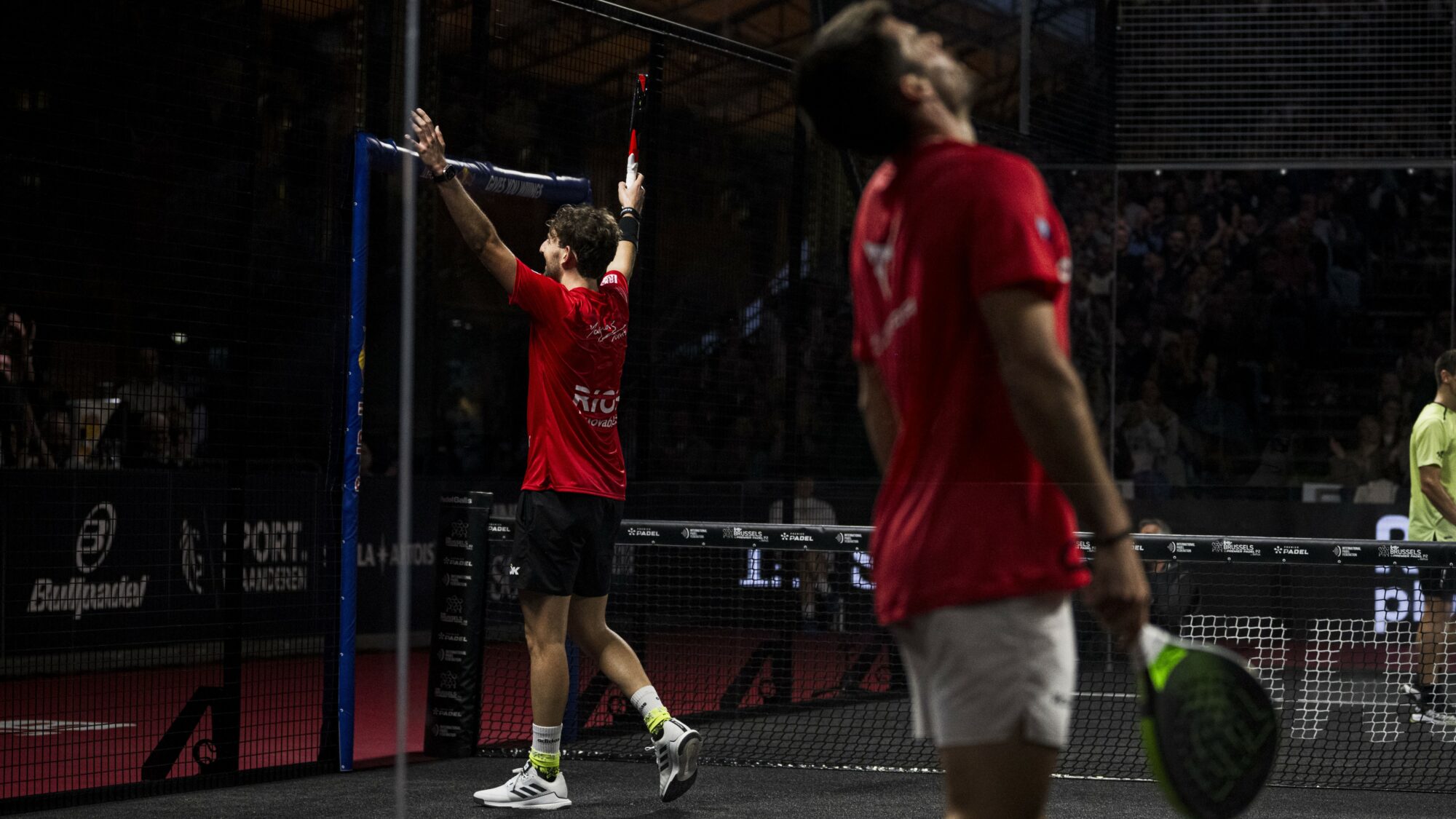 Obviously, Javi Garrido's service does not please Mike Yanguas...
Obviously, Javi Garrido's service does not please Mike Yanguas... Premier Padel Brussels P2 – It’s time for the long-awaited finals!
Premier Padel Brussels P2 – It’s time for the long-awaited finals!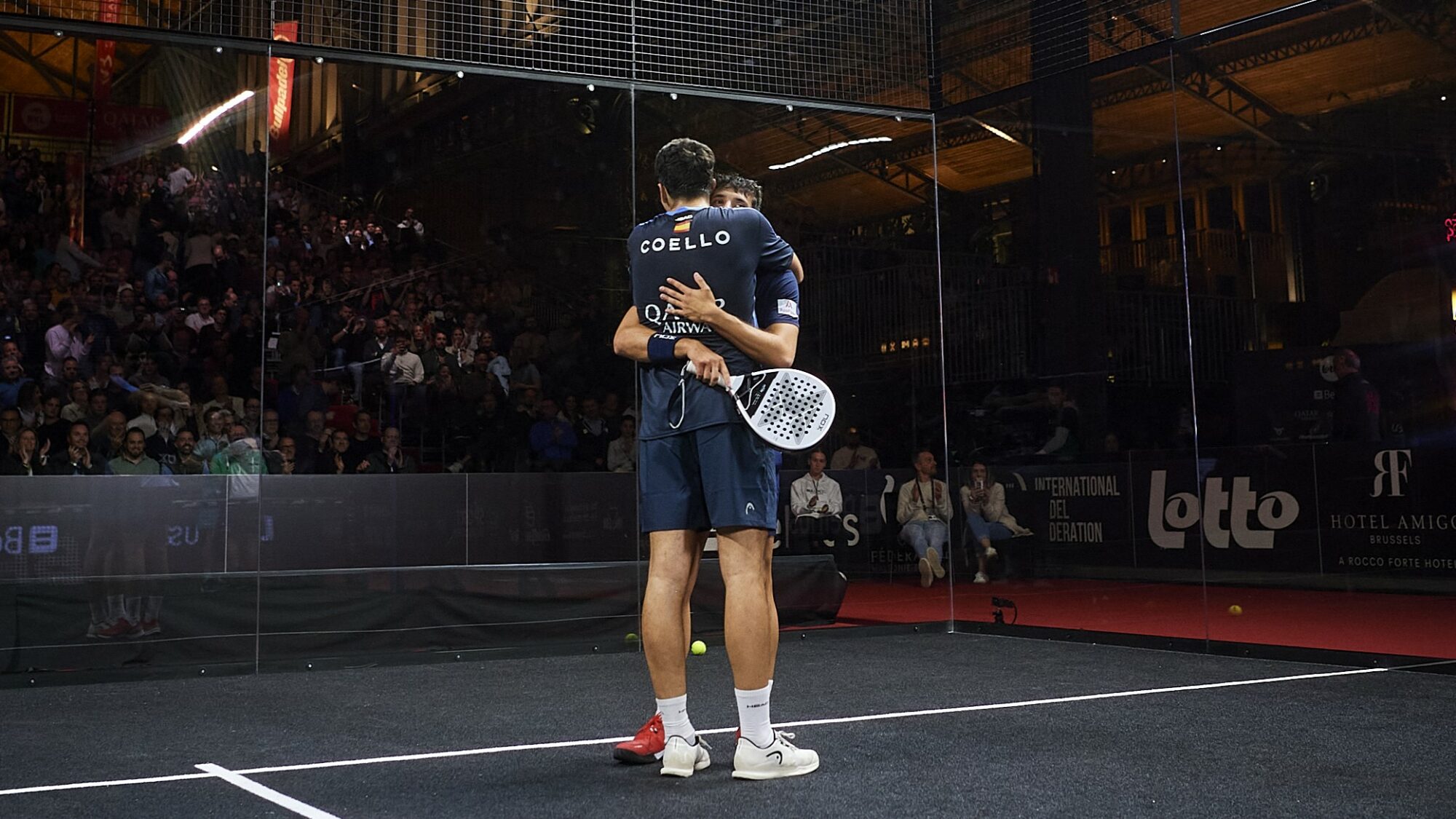 Premier Padel Brussels P2 – Arturo Coello and Agustín Tapia… obviously
Premier Padel Brussels P2 – Arturo Coello and Agustín Tapia… obviously Premier Padel Brussels P2 – Brea/Gonzalez wins the arm wrestling against Salazar/Icardo
Premier Padel Brussels P2 – Brea/Gonzalez wins the arm wrestling against Salazar/Icardo José Manuel Escin at the inauguration of Casa Padel DOS: “Finally, and thank you!”
José Manuel Escin at the inauguration of Casa Padel DOS: “Finally, and thank you!” Padel Score comes to Tahiti for American Express Padel Cup!
Padel Score comes to Tahiti for American Express Padel Cup! Do you know the Rafa Nadal Academy Tour?
Do you know the Rafa Nadal Academy Tour?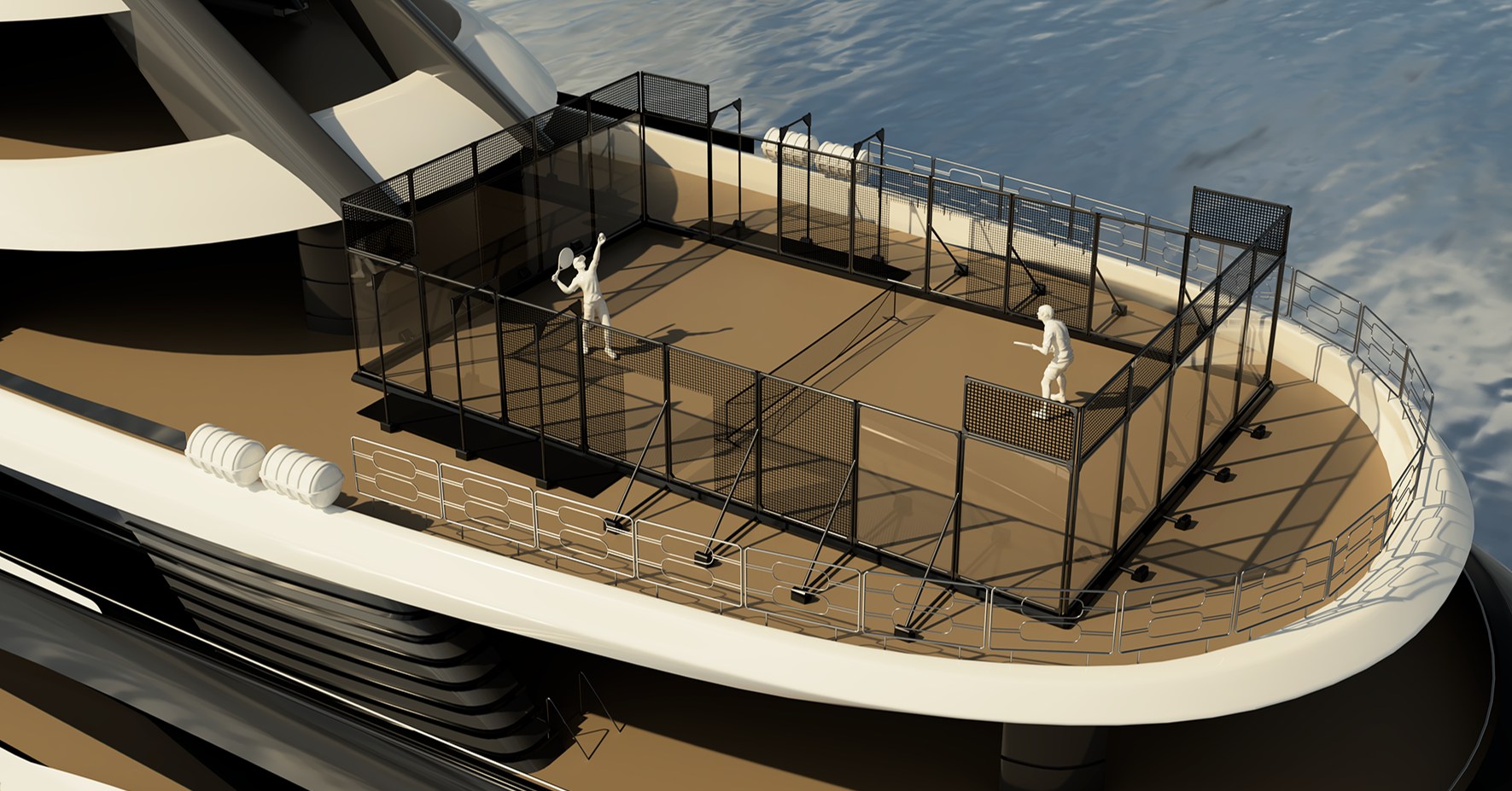 Play at padel on his yacht? Possible for €233.000!
Play at padel on his yacht? Possible for €233.000!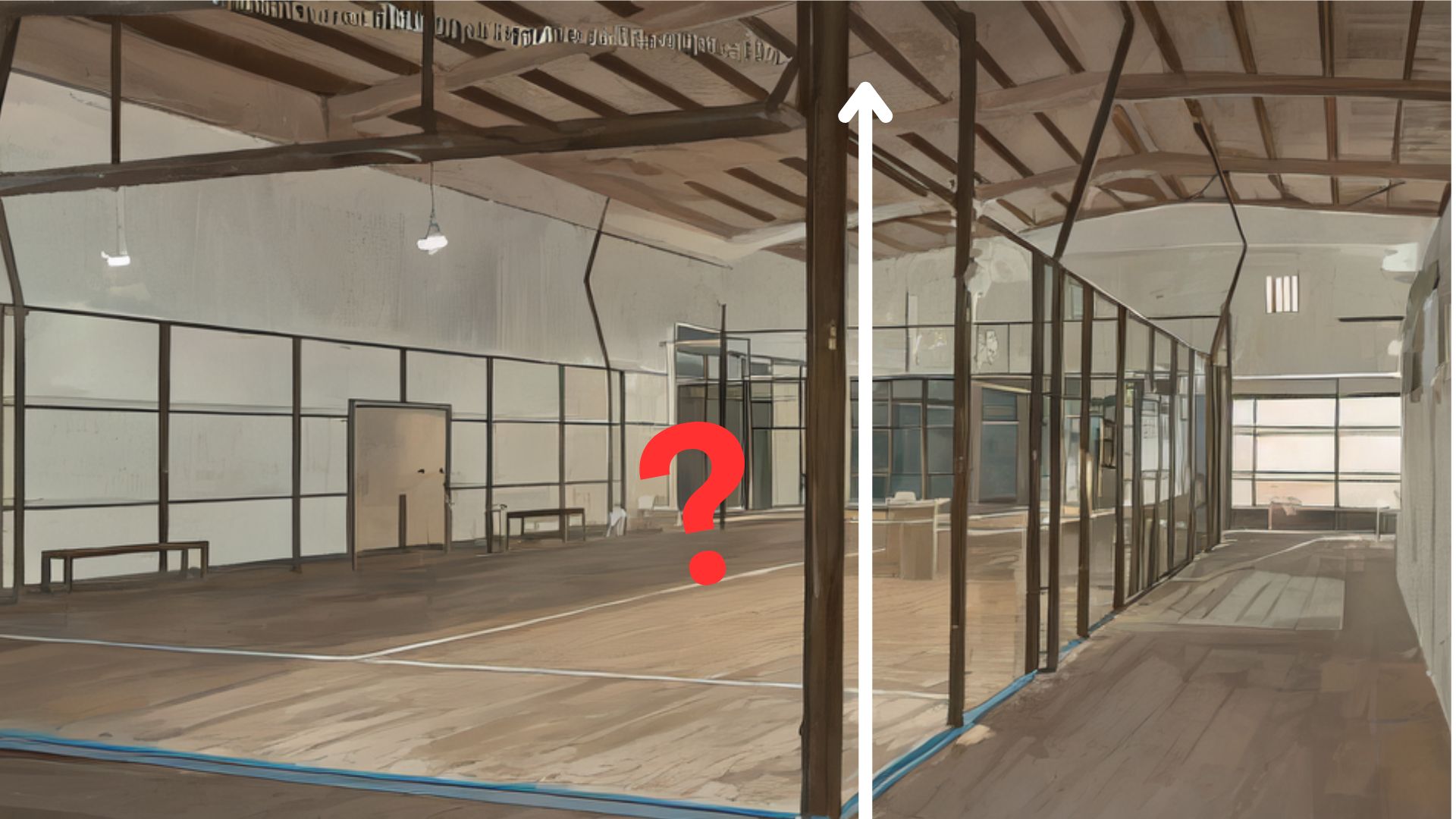 Find out everything about the dimensions of a plot of land padel
Find out everything about the dimensions of a plot of land padel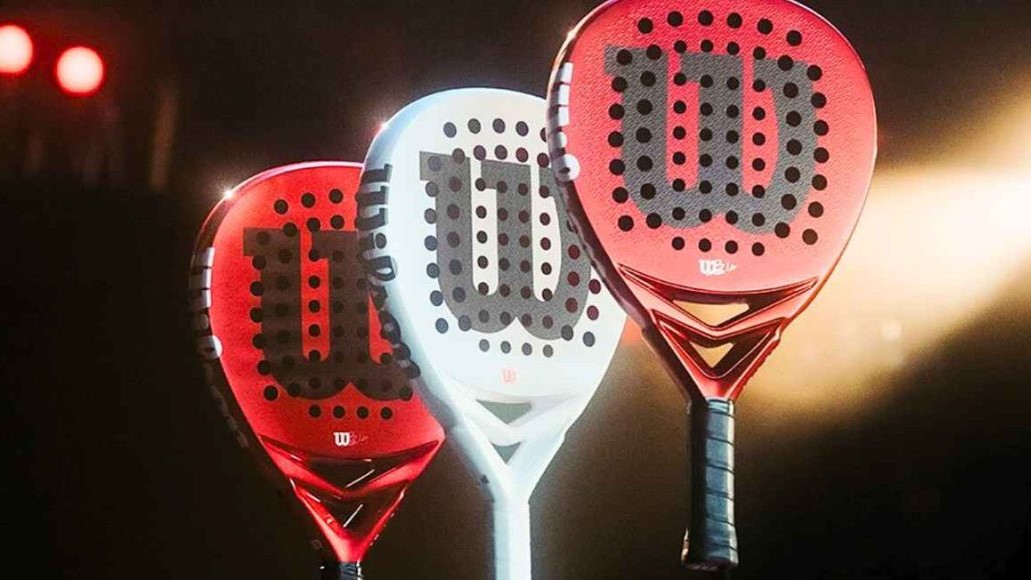 Presentation of the Wilson Bela V2.5 collection
Presentation of the Wilson Bela V2.5 collection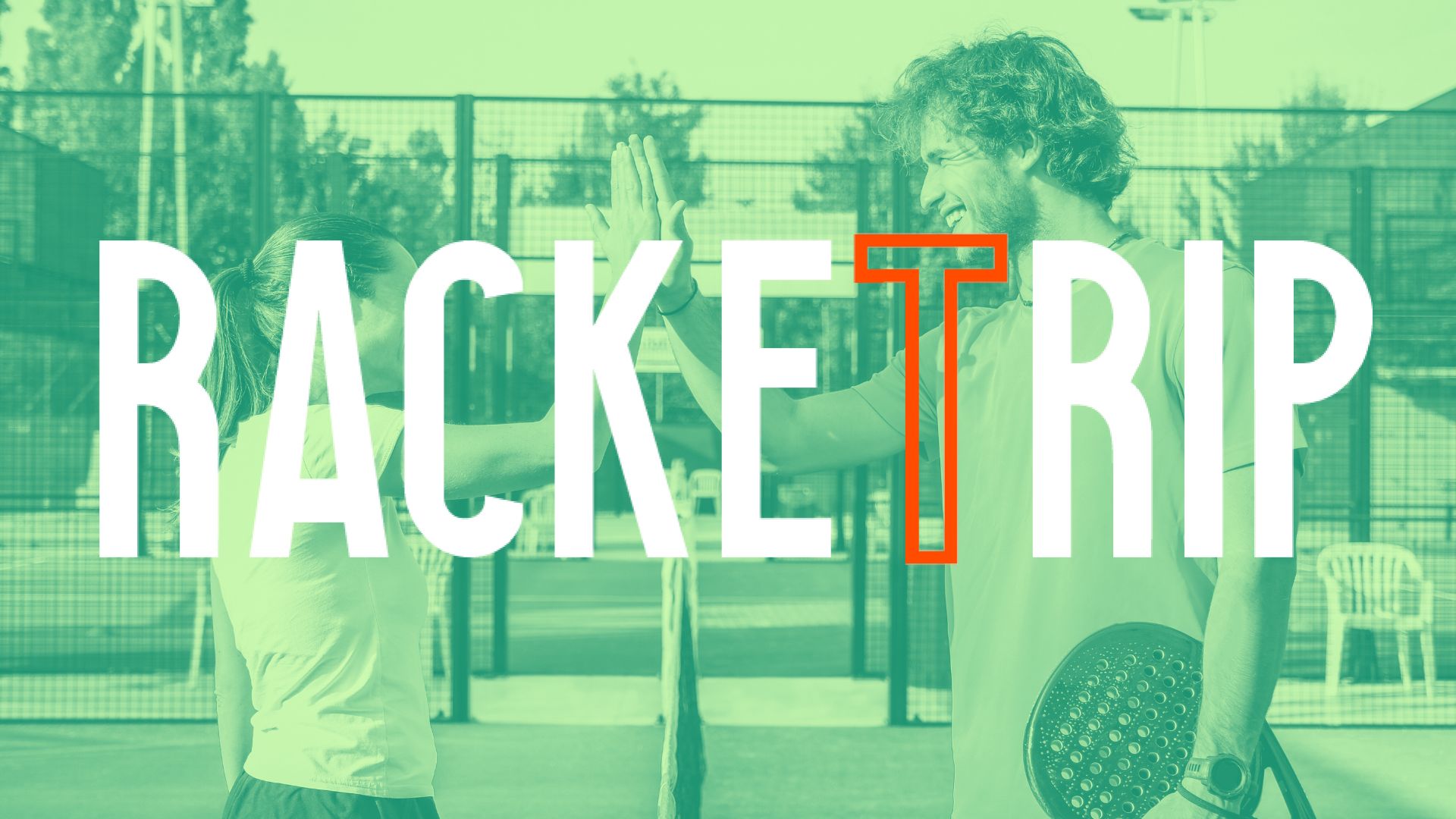 The LinkedIn of racquet sports: Racket Trip
The LinkedIn of racquet sports: Racket Trip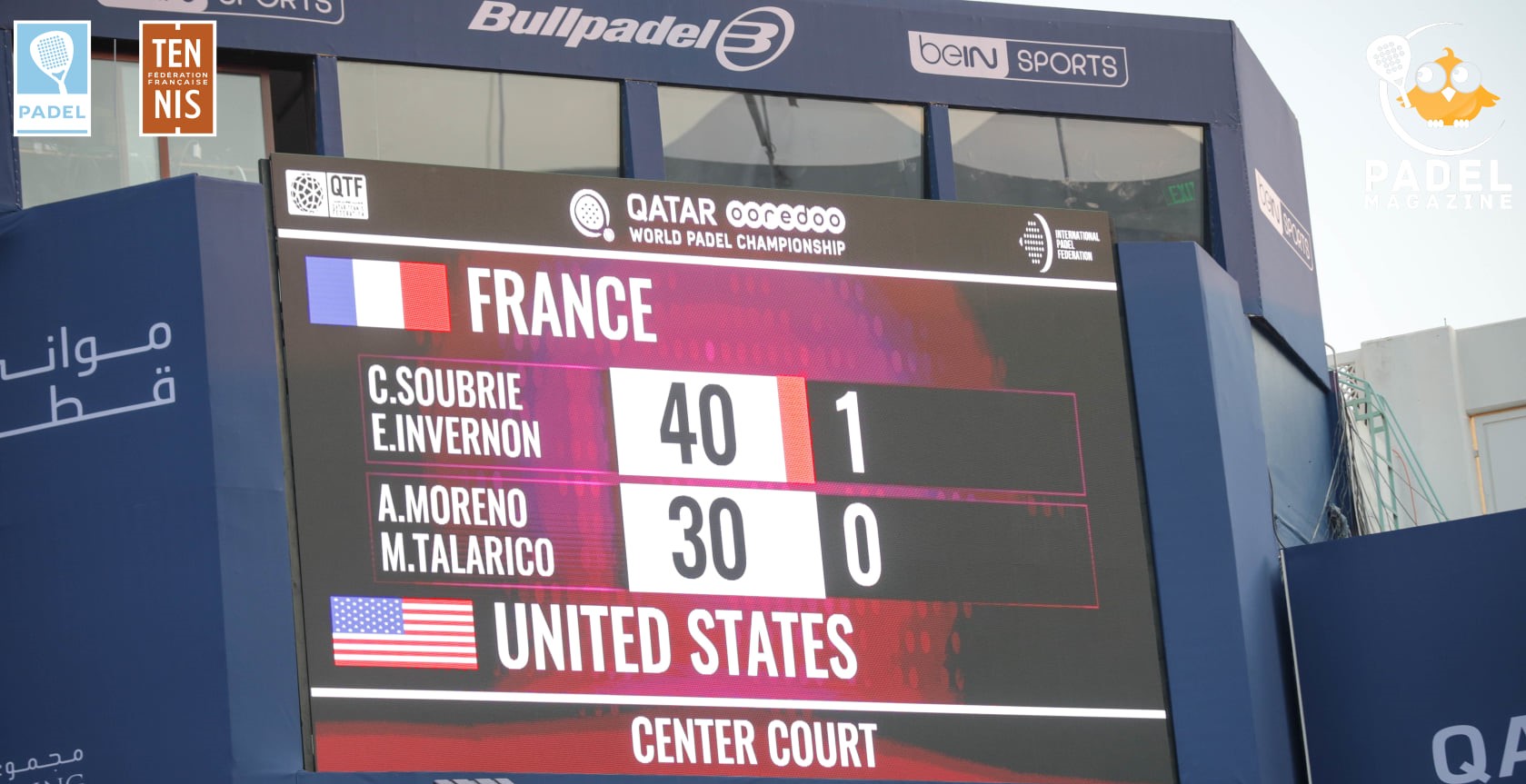 The score at padel : manual
The score at padel : manual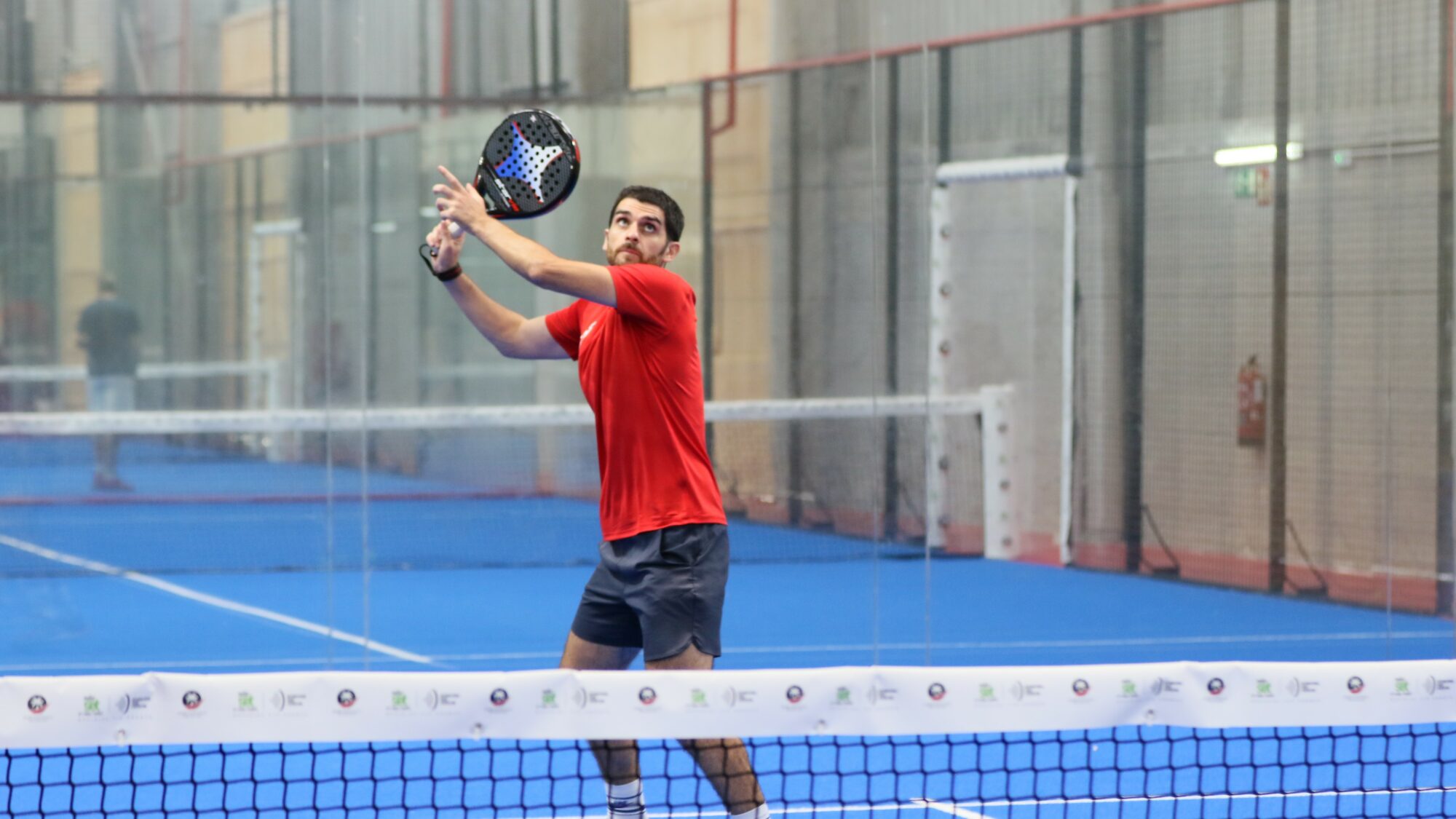 At the heart of padel – Episode 25: Paul and Andoni answer your questions
At the heart of padel – Episode 25: Paul and Andoni answer your questions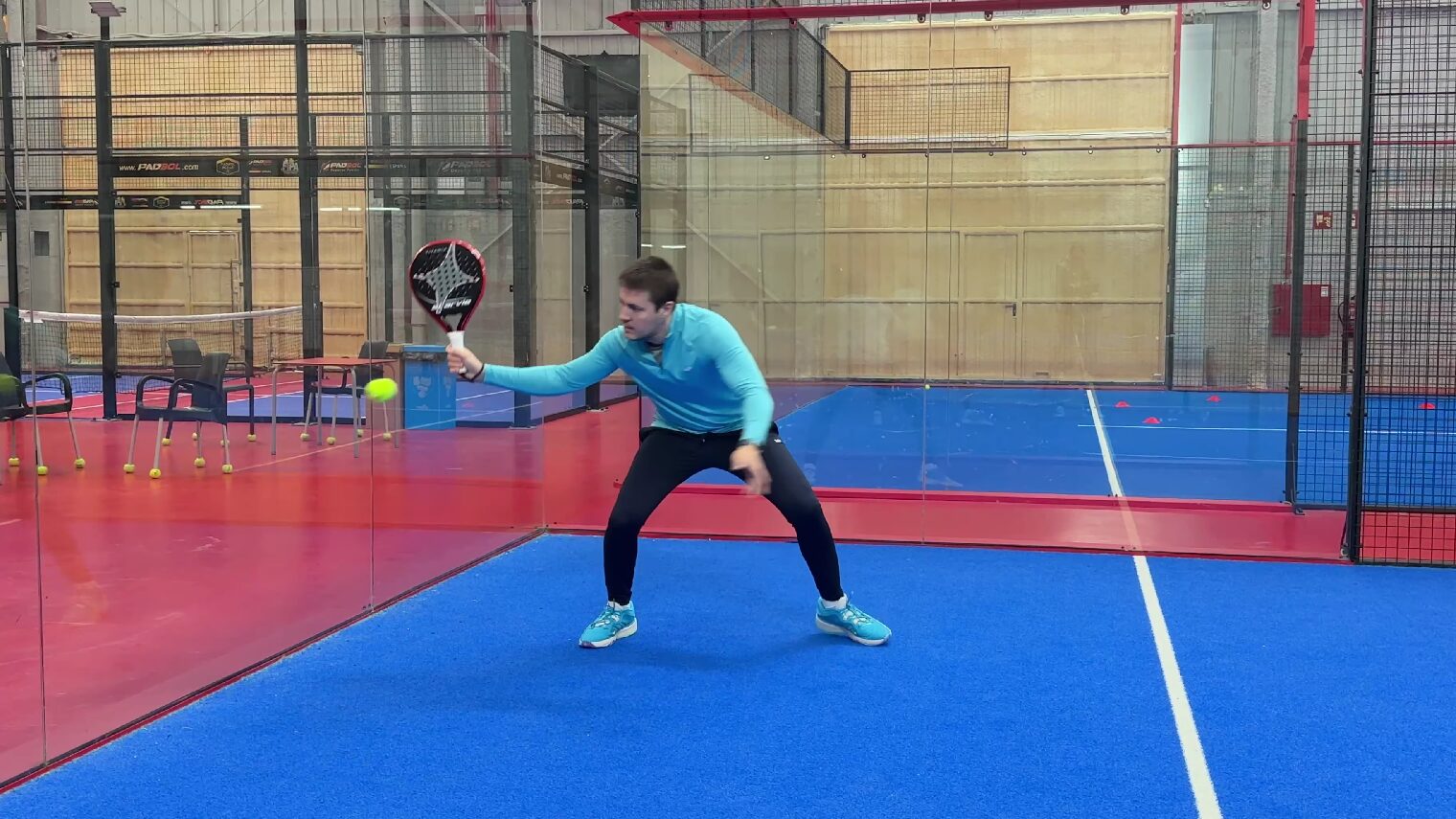 At the heart of padel – Episode 23: defend the window well
At the heart of padel – Episode 23: defend the window well Prohibition on playing topless Padel : the reasons
Prohibition on playing topless Padel : the reasons FIP Tour – Going far from Europe, THE strategy to earn points!
FIP Tour – Going far from Europe, THE strategy to earn points! What is a good football player? padel ?
What is a good football player? padel ? “Lefties give me headaches when I play against them!”
“Lefties give me headaches when I play against them!”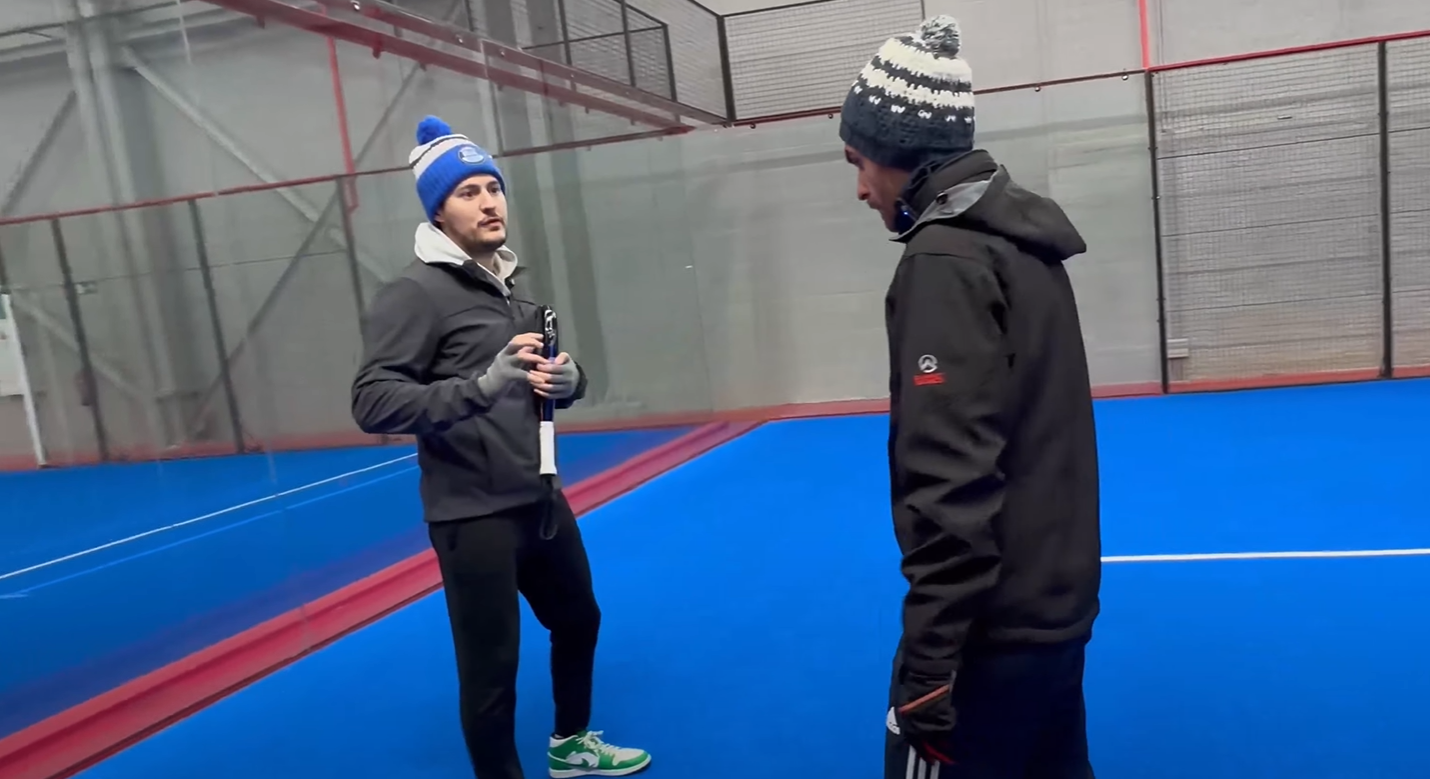 At the heart of padel – Episode 14: how to earn points in winter?
At the heart of padel – Episode 14: how to earn points in winter?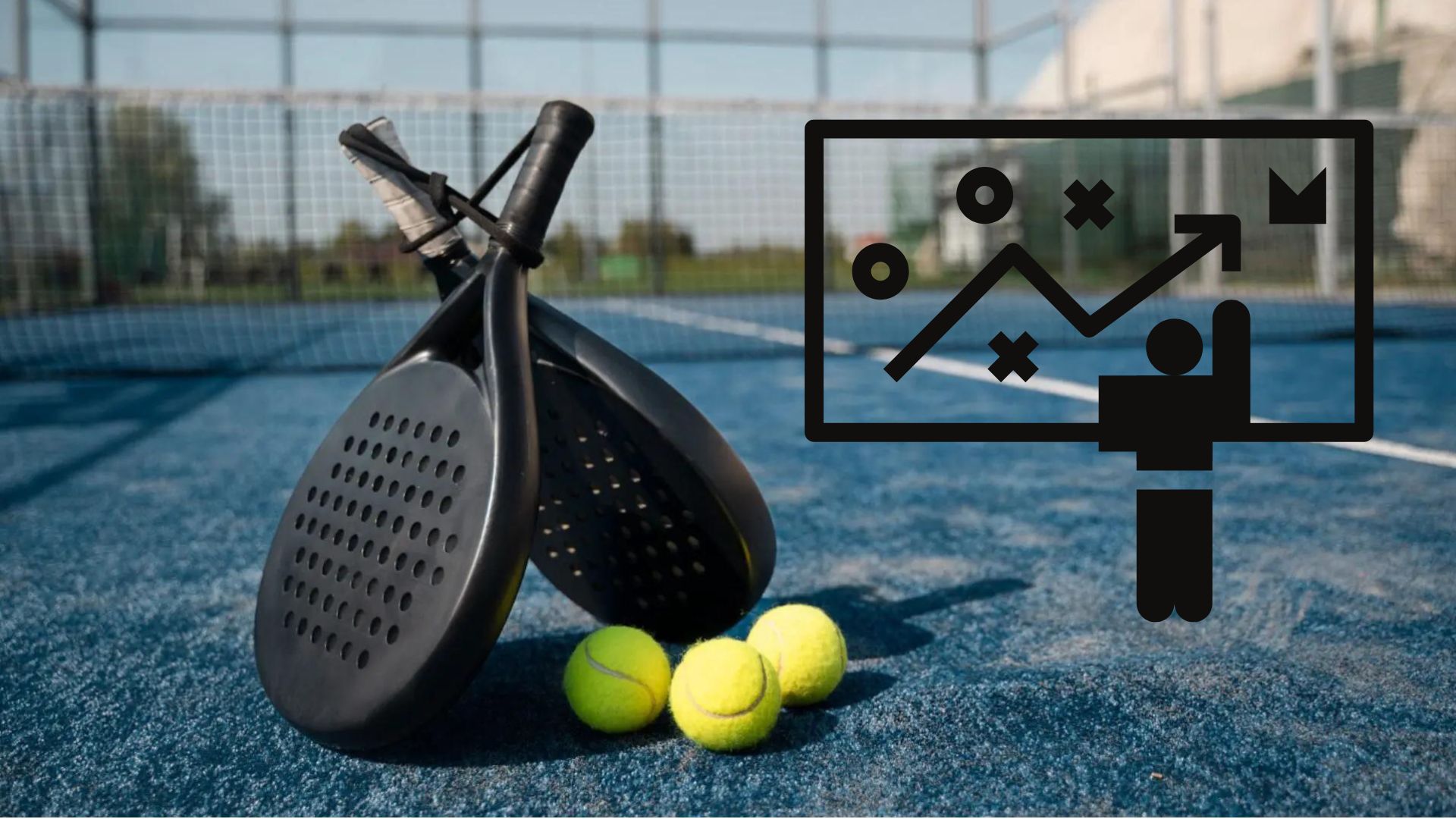 The basic tactics of padel
The basic tactics of padel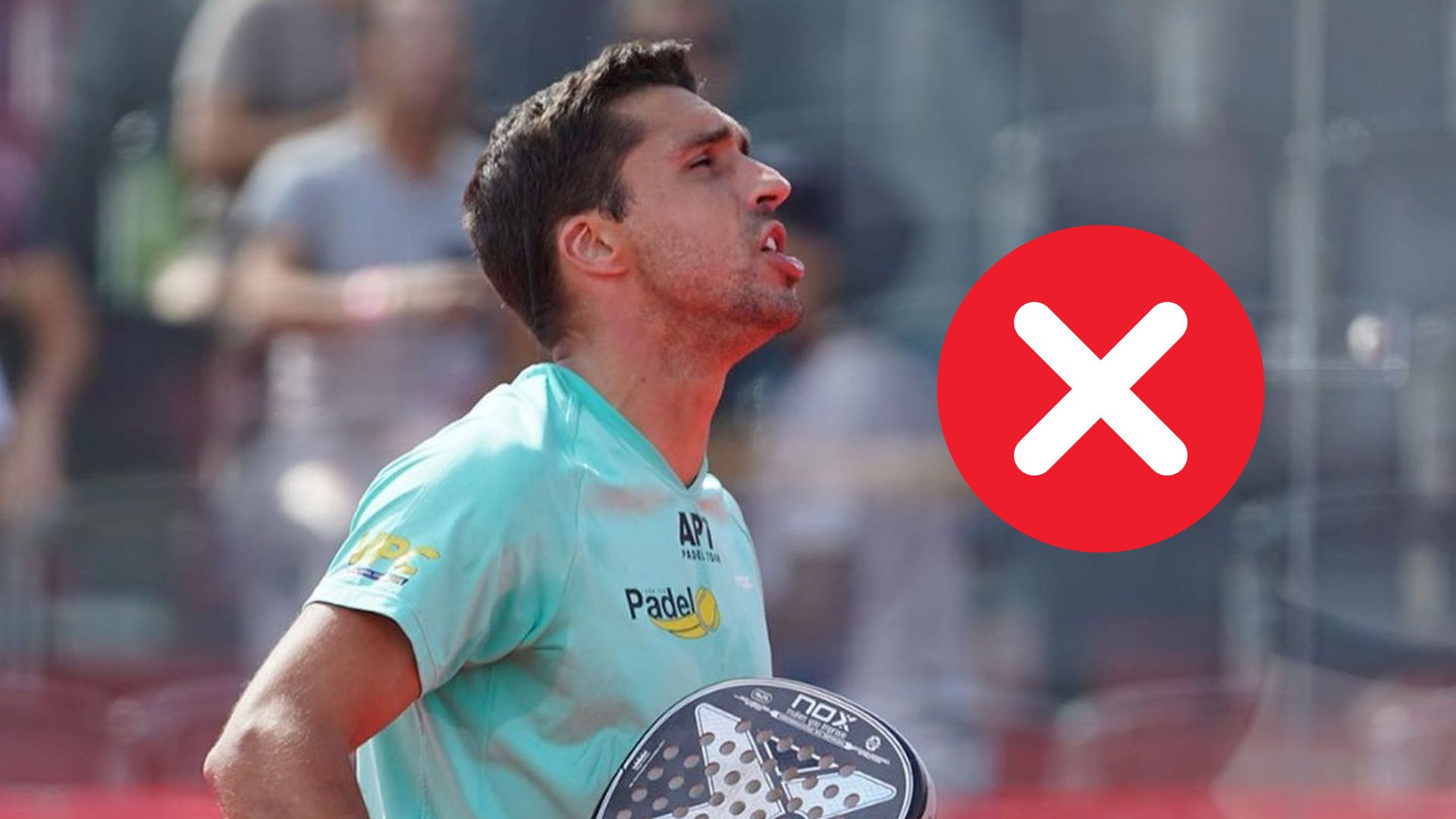 A par 4 is always a winner...even if you manage to defend it!
A par 4 is always a winner...even if you manage to defend it!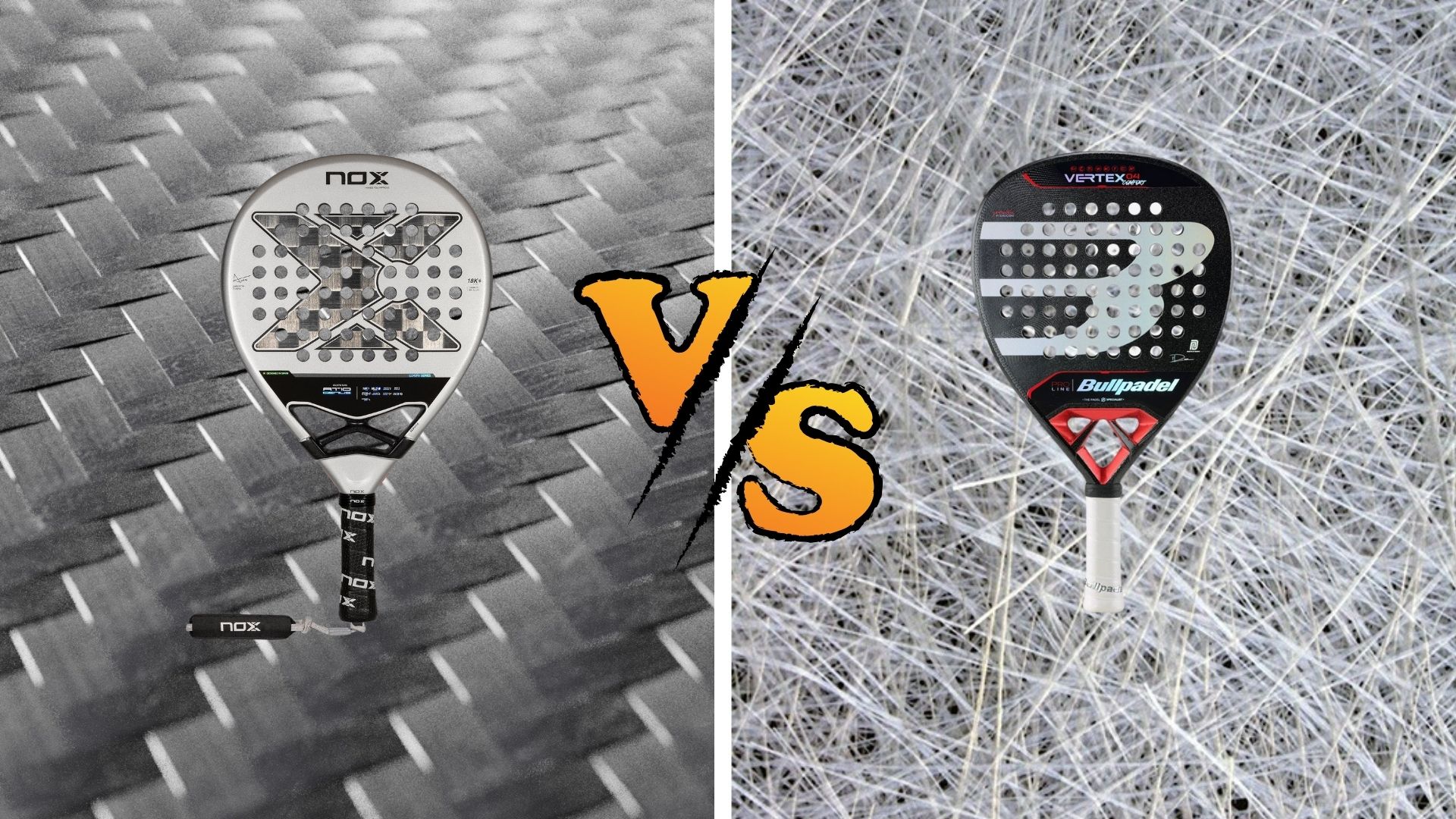 Carbon fiber VS fiberglass: what to choose?
Carbon fiber VS fiberglass: what to choose?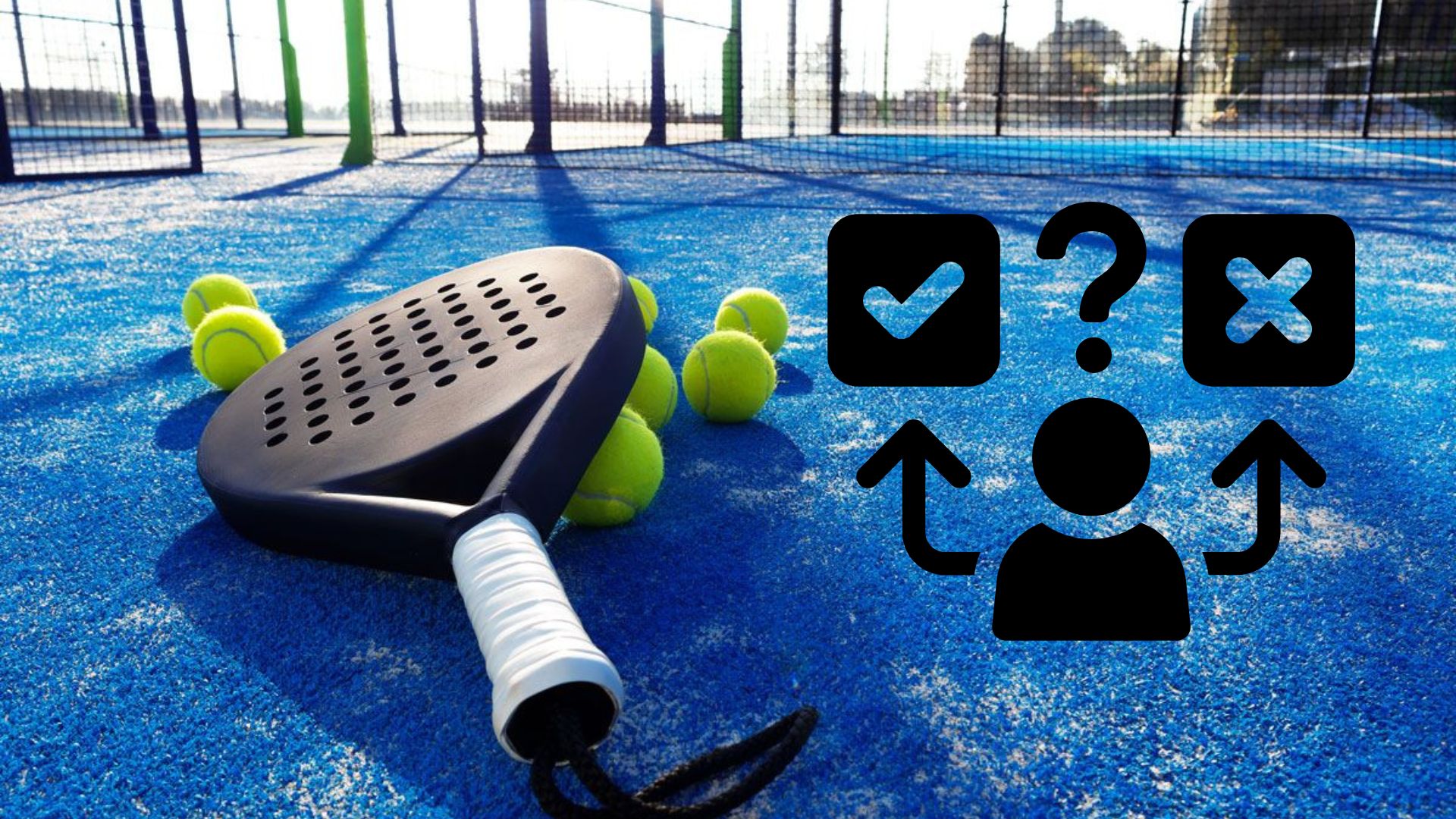 How to effectively test a racket padel ?
How to effectively test a racket padel ? La padel to fight Parkinson's disease
La padel to fight Parkinson's disease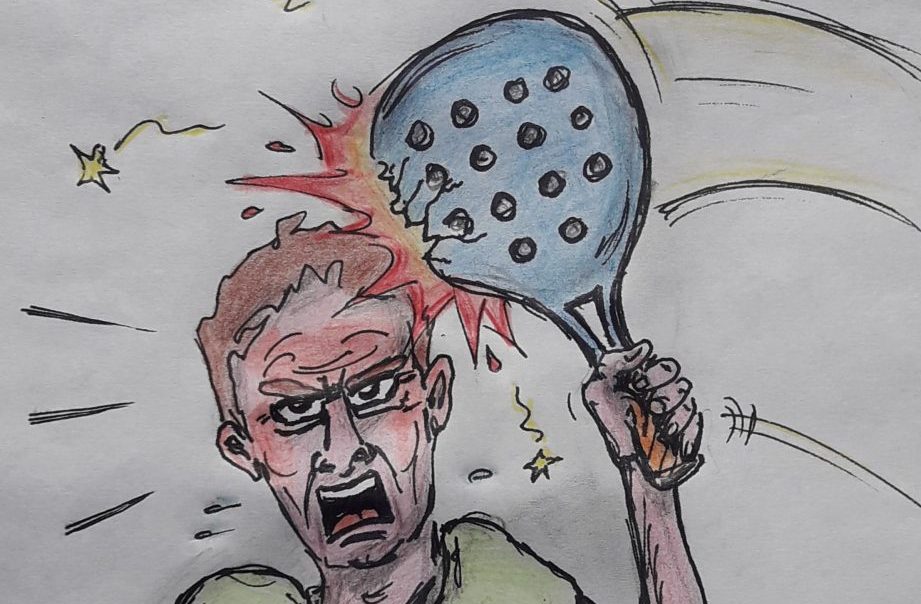 Don't play with a cracked or broken racket, your body will thank you!
Don't play with a cracked or broken racket, your body will thank you! Michel Cymes: “The padel, physically, it’s serious!”
Michel Cymes: “The padel, physically, it’s serious!” Our Top 10 training courses padel in France and Europe
Our Top 10 training courses padel in France and Europe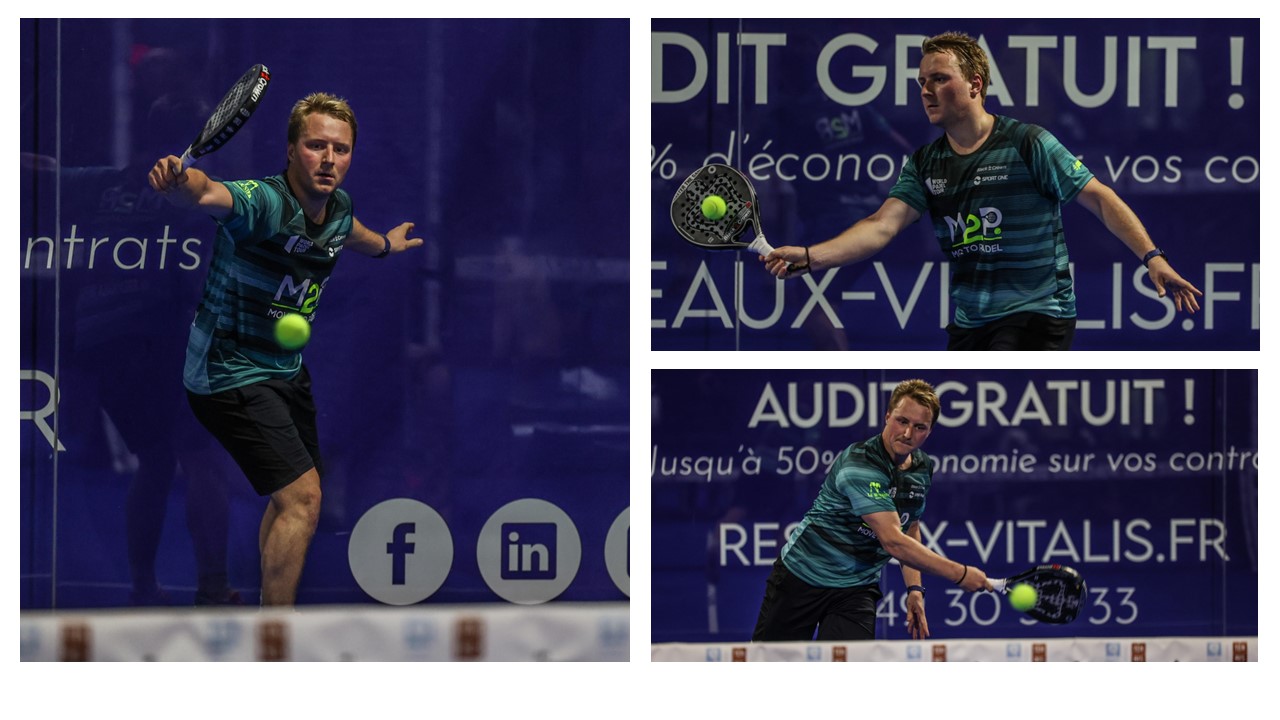 Jeremy Gala: “Promote the padel among young people in Belgium remains a challenge”
Jeremy Gala: “Promote the padel among young people in Belgium remains a challenge” The French Touch Academy organizes its selection day Padel-Study
The French Touch Academy organizes its selection day Padel-Study Report on the detection and training of younger generations
Report on the detection and training of younger generations